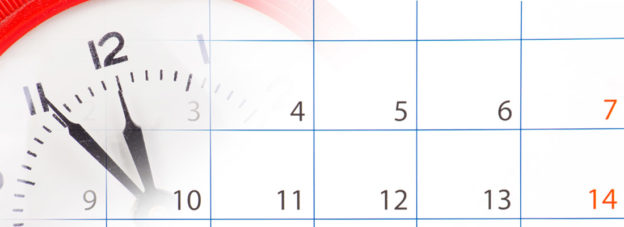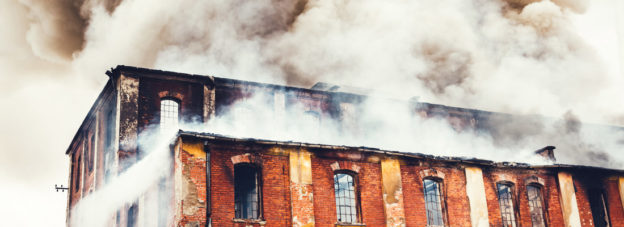Many subrogation claims involving fire losses rely heavily on expert testimony. Expert testimony is admissible under Federal Rule of Evidence 702 if it is both relevant and reliable. In Daubert v. Merrell Dow Pharmaceuticals, Inc., 509 U.S. 579 (1993), whose standard has been incorporated into Federal Rule of Evidence 702, the Supreme Court instructed federal trial courts to act as a “gatekeeper” of expert testimony, giving them the power to exclude expert testimony that is not supported by sufficient evidence. In Maria Fernanda Elosu and Robert Luis Brace v. Middlefork Ranch Incorporated, Civil Case No. 1:19-cv-00267-DCN, 2021 U.S. Dist. LEXIS 14449 (D. Idaho Jan. 22, 2021) (Brace), the United States District Court for the District of Idaho exercised its gatekeeper role when it granted in part and denied in part the defendant’s motion to exclude expert testimony pursuant to Daubert and Federal Rule of Evidence 702. Continue reading





